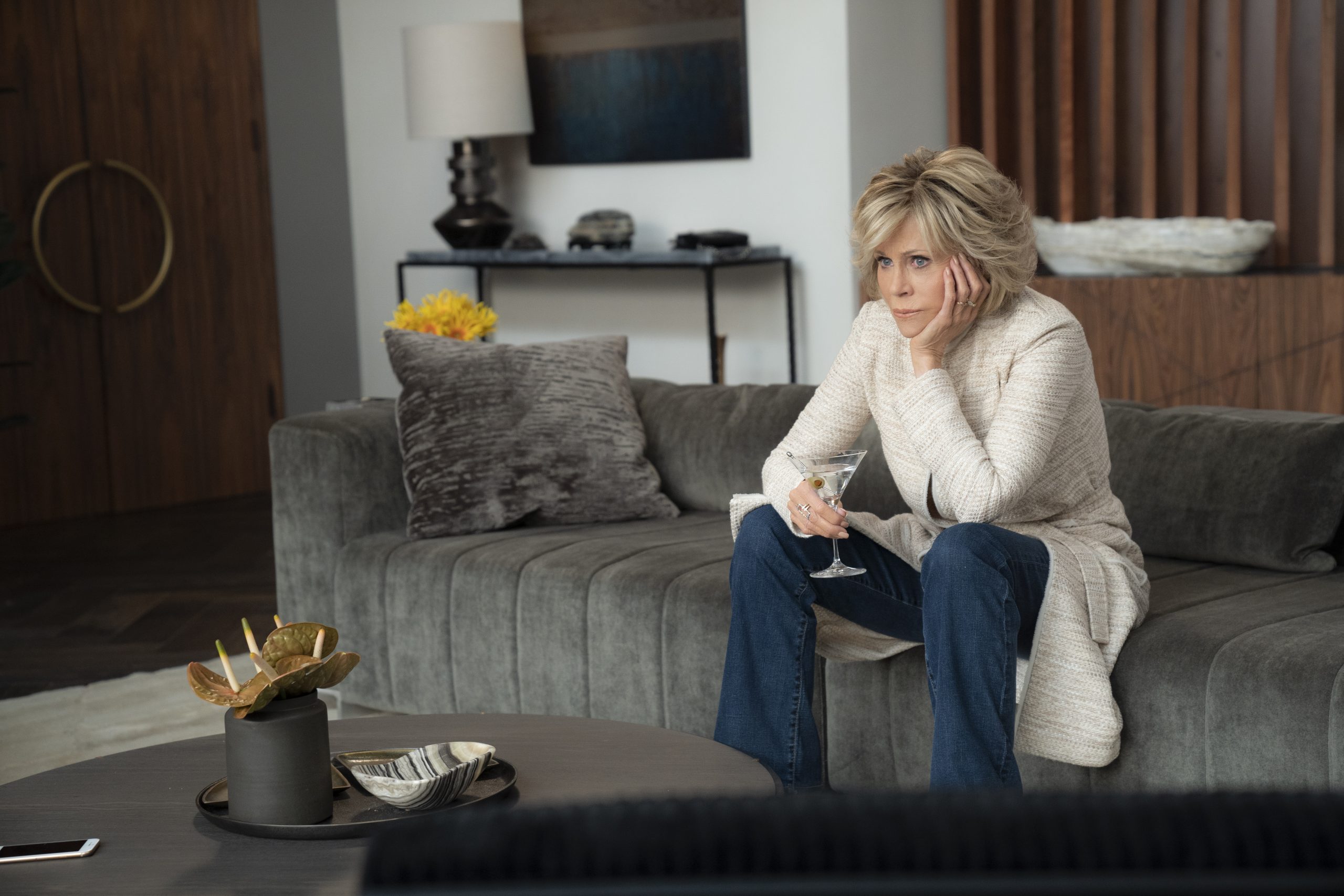Living with endometriosis: what it's really like living with the condition
Writer Anya Meyerowitz has been living with endometriosis since she was a teenager. Here she reveals how it affects her daily life and career


Writer Anya Meyerowitz has been living with endometriosis since she was a teenager. Here she reveals how it affects her daily life and career
Words by Anya Meyerowitz
Endometriosis affects 1 in 10 women in the UK. The problem with a statistic is that it’s just a number for many – it doesn’t convey emotions, or pain or struggle – it’s just the summary of a tick box.
So when you hear a statistic like 1 in 10 women in the UK suffer from endometriosis – a disease where the lining of a woman’s womb causes lesions to grow on the organs – to the point that it affects their daily lives, relationships and careers, it’s hard to understand what that really means.
Well what it means, for myself and other sufferers I know, is that for one week a month I become almost a different person. One who’s deflated and anxious, where the slightest mishap can send me spiralling into a panic attack or at the very least floods of tears. I struggle to walk due to the pain in my legs as endometriosis plays havoc with my sciatic nerve (which runs from the back of your pelvis, all the way down to your feet). Sitting is equally as uncomfortable because of the pain in my back.

10 things you need to know about endometriosis
Nausea and bloating mean my skin is often too tender touch and the accompanying abdominal pain can only be controlled by strong, prescribed painkillers and even then it remains at a barely manageable level.
In my first job out of university, desperate to prove myself, what I found most stressful was explaining to my managers what I was going through. If they were male I struggled with the embarrassment of mentioning my menstrual cycle and if they were female they often dismissed it as ‘period pains’.
Marie Claire Newsletter
Celebrity news, beauty, fashion advice, and fascinating features, delivered straight to your inbox!
I felt isolated and increasingly worried about how my career was being affected by my endometriosis. When I landed my dream job a year later though, I was determined not to let my illness ruin it for me and so I sought help.
I spoke to Emma Cox, CEO of Endometriosis UK, about how we could all still be a total girl boss while managing the chronic pain.
How can I manage the pain?
‘See if your company offers flexi-time or options to work at home, and discuss the options for you in your specific role. This can be especially helpful if you sometimes find commuting challenging,’ Emma advises.
‘Be prepared at work by keeping a supply of things that will help you. This could be pain killers, heat pads or an extra jumper to keep you warm.’ Many women experience feeling cold due to having high oestrogen levels. Oestrogen burns magnesium leaving less of it in your system. Magnesium has many functions but most importantly it enhances circulation around the body.
Take time off sick when you need to, and ensure that any time off due to endometriosis symptoms is always recorded as such. This is important for how sickness and sick pay is worked out in some companies, and how Statutory Sick Pay (SSP) is awarded.’

How do I cope with feeling anxious about it?
‘Many people can get overwhelmed by work so you’re not alone if this happens to you. However, having a chronic condition like endometriosis can add another level of challenge. Take breaks during the day to give yourself a rest, and don’t skip your lunch break.
Let your colleagues know you have a medical condition and what it is, so if there are occasions you are less able to help them and contribute they know why and your team can accommodate that.
If you can break down your tasks and plan your work you can link small tasks as leading towards bigger goals. This can help you remember the overall goals you have for work and for yourself.’
How do you explain it to other people?
‘Some women find it hard to explain endometriosis to their manager or colleagues, worrying they’ll be thought of as moaning about their periods. But remember, this is a recognised chronic medical condition and something quite different to period pain.
If you work in a large organisation with an HR team, consider talking to them as well. Beforehand, practice how you’re going to explain it with a friend. For example, you could say something along the lines of: "I have a disease that causes lesions to grow on my organs, especially within the pelvic area. It’s a long-term condition and can cause chronic pain; it’s called endometriosis."
Think of some of the questions your boss or HR might ask when you tell them, such as what are the implications for work; how does it affect you; what could be the impact on your role. Your boss may never have heard of the condition, in which case rather than having to go into lots of detail yourself, you could give a brief outline and offer to provide further information such as an employer’s fact sheet from Endometriosis UK.’
What rights do I have at work?
‘Make sure you discuss your medical condition with your manager and HR. They are there to support you as well as having a duty of care for you as an employee. You don’t have to discuss it in lots of detail, rather ensure they are aware you have a chronic medical condition, of the issues you face, and the implications for your work.
Rather than presenting it as a problem, try and give solutions where you can, such as planning your work over the month to do more difficult or outward facing parts of the role when you’re least likely to be affected, and saving routine or easier tasks to the times you may find things more challenging.’
For more information about endometriosis including symptoms check out Endometriosis UK who offer free online support and discussion forums for anyone affected by endometriosis its free to join and register.

Jenny Proudfoot is an award-winning journalist, specialising in lifestyle, culture, entertainment, international development and politics. She has worked at Marie Claire UK for seven years, rising from intern to Features Editor and is now the most published Marie Claire writer of all time. She was made a 30 under 30 award-winner last year and named a rising star in journalism by the Professional Publishers Association.
-
 How the slogan t-shirt became this season's must-have - and why it's more than just another trend
How the slogan t-shirt became this season's must-have - and why it's more than just another trendNot just another Nineties throwback
By Clementina Jackson
-
 How are Trump’s tariffs affecting the fashion industry?
How are Trump’s tariffs affecting the fashion industry?The fluctuating situation in the US is having very real consequences
By Rebecca Jane Hill
-
 Here's every character returning for You season 5 - and what it might mean for Joe Goldberg's ending
Here's every character returning for You season 5 - and what it might mean for Joe Goldberg's endingBy Iris Goldsztajn